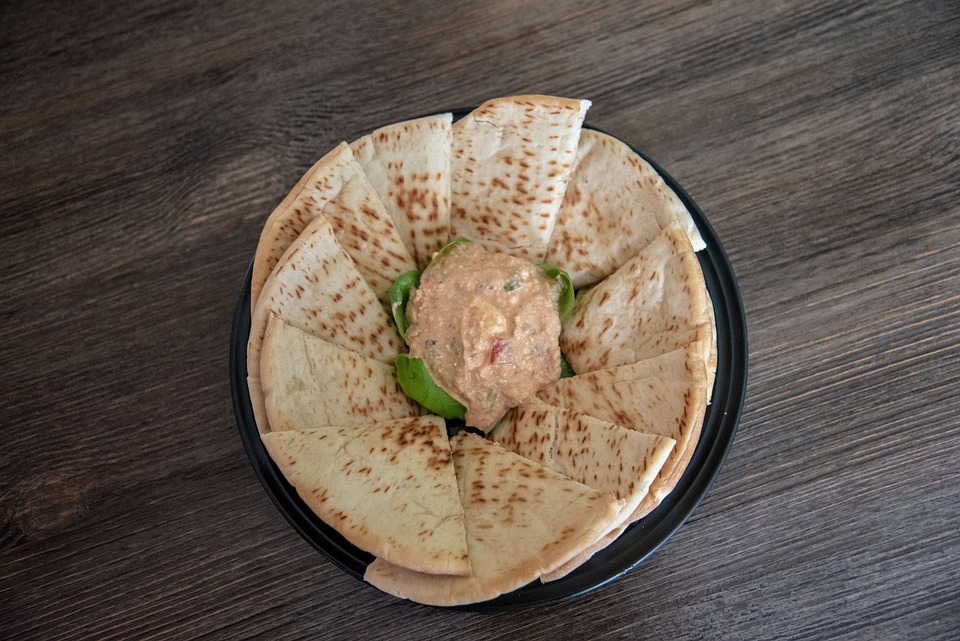Greece is a country rich in culinary traditions, celebrated for its vibrant flavors, healthful ingredients, and time-honored recipes that date back thousands of years. The Mediterranean diet is not just a fad; it’s a lifestyle, characterized by fresh, wholesome ingredients that promote well-being. If you’re looking to infuse your cooking with the essence of Greek cuisine, here are some essential ingredients to stock in your pantry.
1. Olive Oil
Olive oil is the cornerstone of Greek cooking. Renowned for its quality, Greek extra virgin olive oil is extracted from the first pressing of olives and boasts a rich, fruity flavor. It’s used not only for cooking but also as a dressing for salads, drizzled over mezes, and as a dip for bread. When buying olive oil, look for ‘extra virgin’ on the label to ensure you’re getting the best quality.
Tips:
- Use it generously in dressings or to finish dishes.
- Store it in a cool place, away from light to preserve its flavor.
2. Feta Cheese
Feta cheese is a brined curd cheese with a crumbly texture and a unique tang. Made primarily from sheep’s milk or a mixture of sheep’s and goat’s milk, it adds depth to salads, pastries, and baked dishes. A classic Greek salad wouldn’t be complete without chunks of feta!
Tips:
- Opt for authentic Greek feta, which is usually sold in blocks and immersed in brine for optimal flavor.
- Try crumbling it over roasted vegetables or adding it to pasta dishes for an extra burst of flavor.
3. Herbs: Oregano and Mint
Dried oregano is the quintessential herb in Greek cooking, imparting a warm, earthy flavor to meats, stews, and sauces. Greek oregano (Origanum vulgare) is particularly aromatic and robust. Fresh mint, on the other hand, is used in many Greek dishes, lending a refreshing touch to salads, sauces, and even desserts.
Tips:
- Use dried oregano liberally in dressings or as a seasoning for grilled meats and vegetables.
- Finely chop fresh mint and mix it into yogurt or salads to elevate the flavor.
4. Lemon
Lemon is an essential component of Greek cuisine, providing acidity and brightness to dishes. It’s commonly used in marinades, dressings, and desserts. The zest adds an aromatic element, while juice can brighten up hearty stews and sauces.
Tips:
- Squeeze fresh lemon juice over grilled fish or roasted vegetables just before serving.
- Zest lemons before juicing to enhance your dishes with their fragrance.
5. Yogurt
Greek yogurt is thicker and creamier than regular yogurt due to its straining process, making it a staple in many Greek homes. It serves as a versatile ingredient, enjoyed on its own, incorporated into sauces like tzatziki, or used in desserts such as baklava.
Tips:
- Use it as a base for creamy dressings or dips.
- Substitute it for sour cream in recipes for a healthier option.
6. Tomatoes
Tomatoes, whether fresh, sun-dried, or canned, are a key ingredient in Greek cuisine. Fresh tomatoes star in salads, while canned tomatoes often enrich stews and sauces. Sun-dried tomatoes add a concentrated flavor, ideal for pasta dishes or as a pizza topping.
Tips:
- Make a simple sauce by sautéing garlic and onions in olive oil, then adding canned tomatoes and seasoning with oregano.
- Use fresh tomatoes in salads, drizzling with olive oil and lemon juice for a refreshing dish.
7. Legumes: Chickpeas and Lentils
Legumes are staples in Greek diet, providing an excellent source of protein and fiber. Chickpeas are often featured in dishes like hummus or served in stews, while lentils are a popular ingredient in soups and salads.
Tips:
- Experiment with a traditional Greek lentil soup, flavored with carrots, celery, and herbs.
- Use chickpeas in salads or blend them into a creamy hummus for a nutritious snack.
8. Pasta and Grains
Products like orzo (a rice-shaped pasta) and bulgur wheat are common in Greek cuisine. They are often used in salads and warm dishes, absorbing the flavors of the ingredients around them. Stocking these grains expands your cooking options and allows for traditional Greek recipes or creative twists.
Tips:
- Serve orzo as a side dish or in a warm salad with vegetables and feta.
- Prepare bulgur wheat as a base for tabbouleh or mixed with herbs as a filling for stuffed vegetables.
Conclusion
Stocking your pantry with these fundamental Greek ingredients will not only enhance your cooking but also bring the warmth and flavor of Greek cuisine into your home. Embrace the simplicity and beauty of these ingredients to create healthy, delicious meals that reflect the heart of Greek culinary traditions. Whether you’re making a classic moussaka or a fresh Mediterranean salad, these staples will surely elevate your dishes and transport you to the sun-drenched shores of Greece. Happy cooking!



